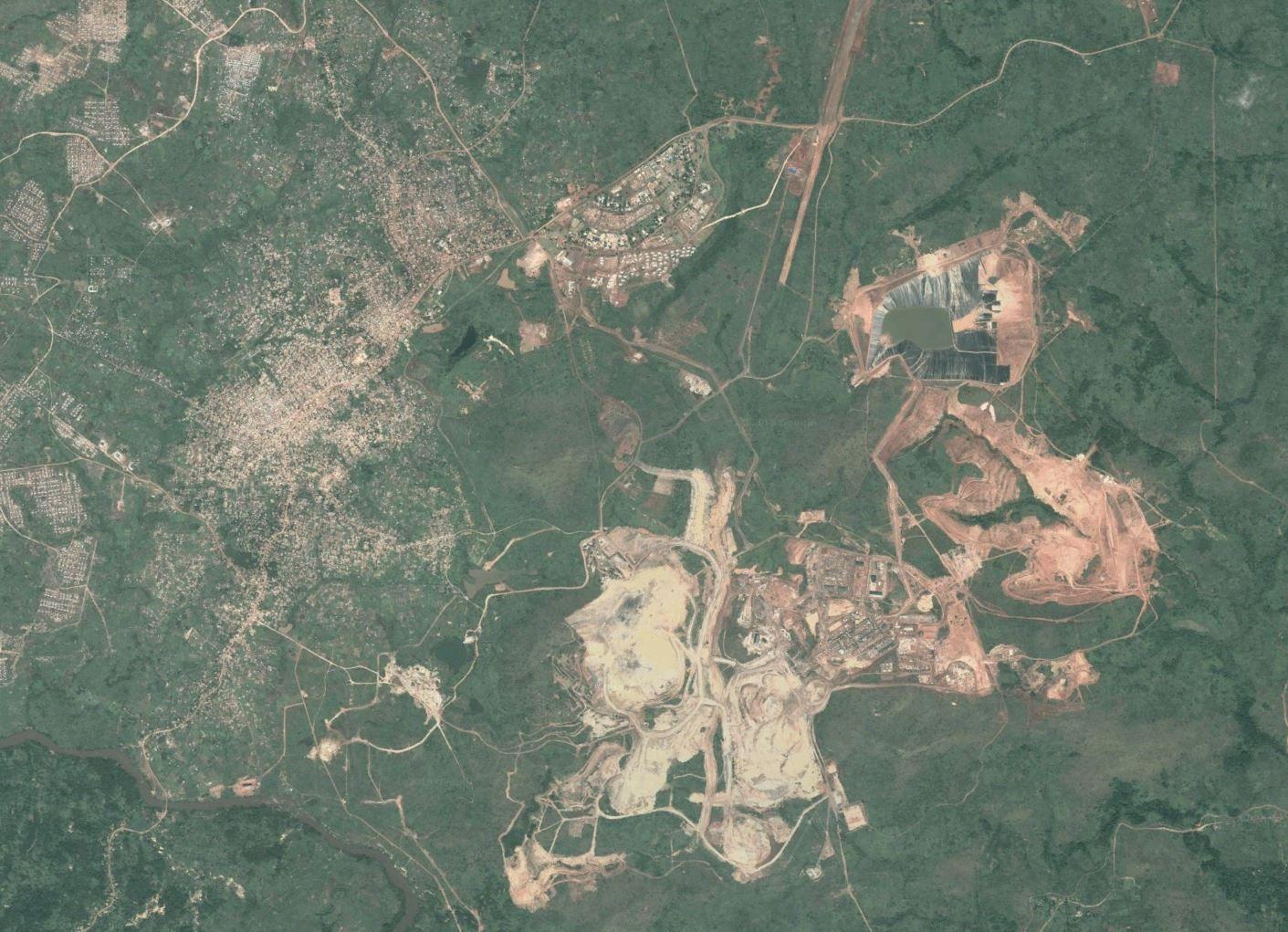Measuring the development outcomes of resource extraction in producer countries

The project contributes easily accessible information in form of a web-based platform. It provides data and information about the extracting industry for the concerned civil society organisation, officials and managers of extractive projects.
About the project
Background
Many resource-dependent developing countries face difficulties in using revenue windfalls to boost sustainable development; communities in extraction areas often suffer from negative social and environmental impacts resulting in company-community conflicts. One of the driving factors behind these challenges is the quality of institutions and processes governing the extractive sector, particularly the lack of effective checks and accountability mechanisms. While large-scale extractive projects always have both negative and positive effects, the lack of comprehensive data available to monitor these different effects makes having a sober debate about mining projects challenging and demanding more effective governance difficult.
Objectives
Many resource-dependent developing countries face difficulties in using revenue windfalls to boost sustainable development; communities in extraction areas often suffer from negative social and environmental impacts resulting in company-community conflicts. One of the driving factors behind these challenges is the quality of institutions and processes governing the extractive sector, particularly the lack of effective checks and accountability mechanisms. While large-scale extractive projects always have both negative and positive effects, the lack of comprehensive data available to monitor these different effects makes having a sober debate about mining projects challenging and demanding more effective governance difficult.
To increase the transparency of the development effects of resource extraction at the local and national level, this research project will develop a framework for data collection and analysis that allows comprehensive monitoring and assessment of the economic, social, environmental, and institutional impact of resource extraction. The framework will build on the concept of weak sustainability and monitor flow indicators of physical, natural, human, social, and institutional capital stocks. We will test the framework in Mozambique and Burkina Faso. The resulting framework will be translated into a web-based platform, the Resource Impact Dashboard (RID), so that the results are easily accessible for stakeholders. The platform will be made available under an open source software license so that the framework can be used to monitor the effects of resource extraction in other resource rich countries.
Relevance
The intended impact of this project is to promote a more evidence-based debate about resource governance at two levels. First, at the level of extractive sites in host countries, the RID is intended to substantiate the deliberation between local civil society organizations, community leaders, government officials, and managers of extractive projects about resource outcomes, the mitigation of negative externalities, and the distribution of benefits. Second, at the international level, the RID contributes to the international resource governance dialogue. When the impact assessment is done across a larger number of sites and countries over time, the data can serve as a benchmarking tool, advancing industry behavior as well as informing international policy making through field-based evidence about how policies, such as voluntary commitments of the industry or public policies, are implemented.
Geographic scope
- Mozambique
- Burkina Faso
Project link to project website and P3
- Link to project website
- Link to project on SNSF research database P3
